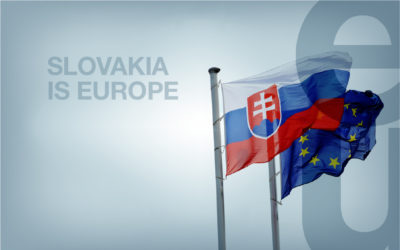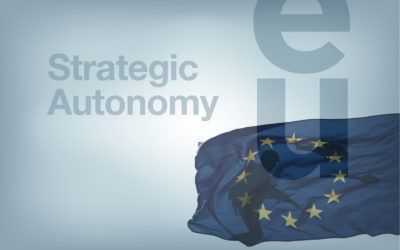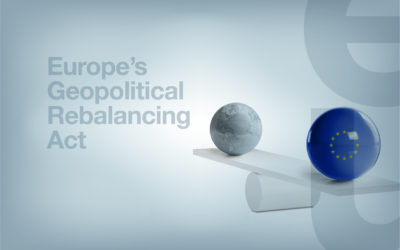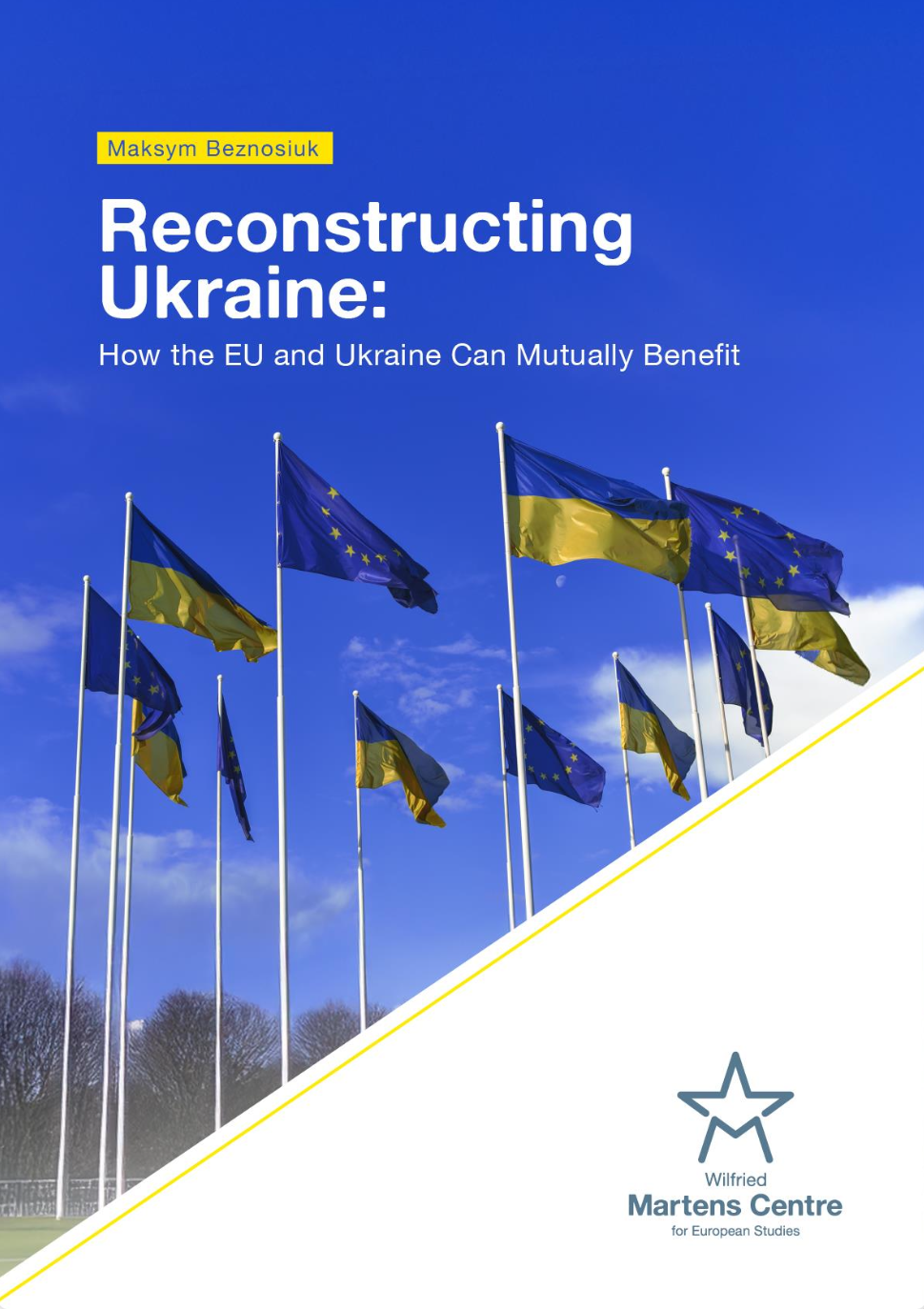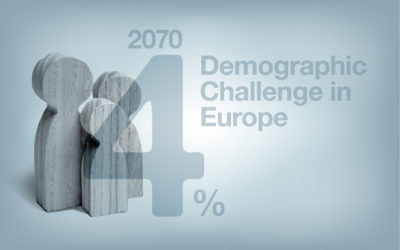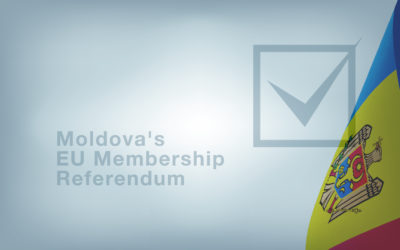Russian ties and lies in Central Europe
06 November 2014
The spa city of Carlsbad (Karlovy Vary) in Western Bohemia, counting 50 000 inhabitants. You might be surprised by sign posts written in Cyrillic alphabet and daily flights to several Russian cities. All this is thanks to the large Russian minority that came here in the 90s.
When the European Council was deciding on another round of Russian sanctions at the end of August, three Central European countries – Czech Republic, Slovakia and Hungary – showed reluctance to agree to the measures. For some, this might be surprising, taking into account the Soviet occupation of those countries. However, the communist period is paradoxically one of the reasons why Russians are still so influential in this region thanks to their links which I’ll show with the example of the Czech Republic. Poland is an outlier in this regard with a foreign policy marked by intense wariness in its relationship to Russia. This can probably be ascribed to Poland’s bad historical experiences with Russia during the partitions of Poland and World War II including the Katyn massacre).
DEPENDENCE ON RUSSIAN GAS
It is well known that much of central Europe is highly dependent on Russia for their energy supplies, there is no need to go into detail. The following figures tell all: Hungary and Slovakia are about 80 % dependent on Russian gas, Czech Republic about 57 %. However, although statistics suggest that the Czech Republic is less dependent than Hungary and Slovakia and it has an advantage in the possibility of gas reverse flow from Germany, there is a more interesting and less known fact: the Czech Republic is the first EU country where the major Russian energy company Gazprom started directly selling gas through a company called Vemex headed by Russian businessman Vladimir Ermakov nicknamed ‘Czech Mr Gazprom’. Vemex controls 20 % of the Czech gas market and has already expanded to Slovakia. Over 50 % of its shares belong to Gazprom Germania, a subsidiary of Gazprom and another 33 % of shares belong to Centrex Europe Energy & Gas AG which is believed to be a Gazprom front company.
Apart from gas Russian influence is also apparent in the Czech nuclear sector. Both Czech nuclear plants Temelín and Dukovany were built by Soviet construction plans (Temelín has a Westinghouse control system from the 90s though). When, in the past few years, the biggest Czech energy company, the state-owned ČEZ opened a debate about building another two blocks in Temelín, a Czech-Russian consortium MIR.1200 was the leading construction candidate in the competition against French Areva and American Westinghouse. The consortium consists of Russian companies Gidropress and Atomstrojexport and a Czech company Škoda JS/Škoda Steel. However, this Czech company is actually also in Russian hands – it was bought by a Russian company OMZ aka United Heavy Machinery. And who owns OMZ? Gazprom again…
RUSSIAN INFLUENCE THROUGH BUSINESS
There are also other Russian key players in the Czech energy sector – Russian oil company Lukoil Aviation Czech gave a major donation to the political campaign of the current Czech president Miloš Zeman. Lukoil Head of Office Martin Nejedlý is now working as a Presidential advisor. Also Zeman’s former collaborator Miroslav Šlouf worked as a lobbyist for Lukoil. Is it then so surprising that the Czech president seems quite fond of Russia?
He showed his kindness to Moscow at a conference called Dialog of civilizations that was organized this September on the Greek island Rhodos by Russian oligarch Vladimir Jakunin, head of the state-owned Russian railways and a close associate of Putin who features on the US black list. At this conference Zeman compared the Ukrainian conflict to ‘something like a flu‘ and pleaded against the sanctions.
Gazprom and Lukoil are big names but there are also many smaller Russian companies. Russians own over 17 000 companies in the Czech republic which puts them on the top of foreign investors in terms of the number of companies (in terms of capital the Germans and Dutch are bigger investors). The problem of Russian companies is that they are sometimes used to peddle Russian influence in local administration and for espionage, as stated by the Czech secret service (BIS) report. The 2013 report moreover warns that those spies are supported by official Russian diplomatic services and also warns against infiltration of Czech media by pro-Russian journalists.
Russian companies are often non-transparent and some of them fail to conform to legal standards (for instance they often do not file yearly balance lists). One example of such a‘sleeping company‘ was company Albion CZ that belonged to Alexander Babakov, member of the Russian Duma and one of Putin’s men who figures on the EU black list. He recently liquidated this company, however, there are other companies that haven’t been dissolved yet (that do not fulfill their legal obligations.These companies should be automatically dissolved by Czech courts.
CULTURAL TIES…
Russians still profit from their ties established during the Communist regime. Many former Czech communist apparatchiks secured themselves influential posts in various companies and institutions thanks to their contacts and language abilities that ordinary people who could not travel easily during the communist era often lacked. There was (and still is) a lustration law that limited the access of high communist functionaries and communist secret service collaborators to certain high positions in the state administration, state businesses, academic and judiciary positions. But this did not apply to all positions and there was often a problem with a lack of evidence of collaboration, because some documents were discarded right after the Velvet Revolution.
Václav Petříček, the head of the Chamber of Commerce of the the Commonwealth of Independent States (essentially the former Soviet Union), worked in the State planning commission before 1989. In the 90s he worked at the Ministry of Industry and now he is a strong opponent of sanctioning Russia, fear mongering that if we apply sanctions it will ruin our trust and connections with Russia. However Czech exports to Russia don’t even reach 4 % of Czech exports in comparison to 31% of exports to Germany alone. Russian companies and their Czech supporters stress our cultural ties and the magnamity of Czechs towards Russians. When the discussion about Temelin’s extension began MIR.1200 claimed that they will employ Czech employees and Czech managers unlike the ‘Westerners‘ who will bring their own people.
…AND LIES
There is also a substantial Russian communication influence. Russian media try to use the fact that some Czechs tend to be suspicious of the European Union, the United States and the West in general, sometimes even resorting to conspiracy theories. Those conspiracy theories are then brought to the Czech Republic by various ‘outsider media‘ and blogs of former politicians like the former president Václav Klaus‘ advisor Petr Hájek (who writes a blog called Countercurrent) or the former senator, MP and judge Jiří Vyvadil whose blog states a motto: ‘And what if everything is otherwise/different?‘
In Slovakia, where religion is more important, the Russian propaganda often targets conservative religious people who point out the ‘decline of values Western values‘ (usually directed at gender or feminist issues). Russia is sometimes seen as the protector of ’these conservative values where a man behaves like a ‘real man‘ and a women’s role is to be a good wife and mother. However, those admirers of Russian conservative values often tend to overlook facts like that the abortion rate in Russia is multiple times higher than in western European countries.
ENJOYING THIS CONTENT?




